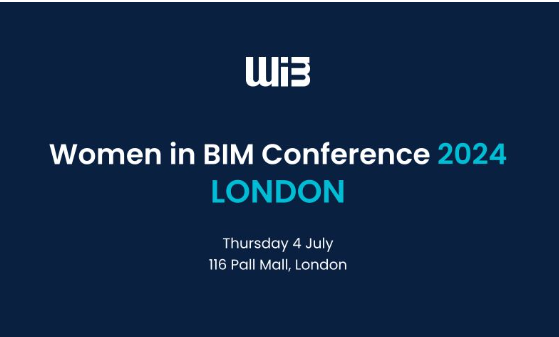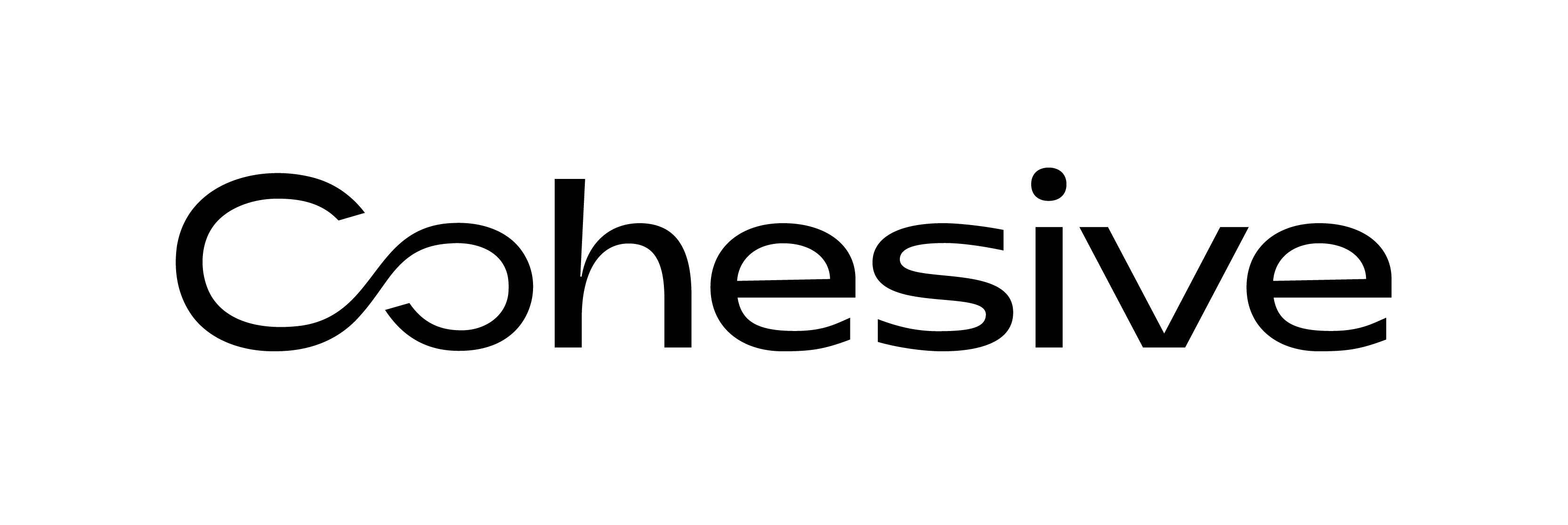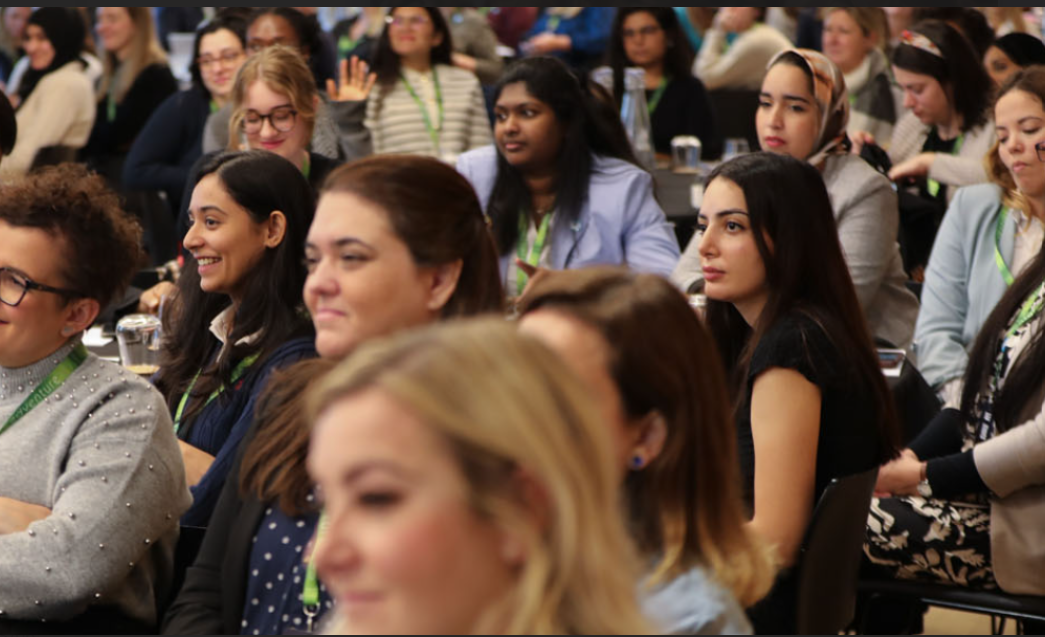A bright Thursday afternoon in April. Away from the hustle and bustle of sales pitches and progress updates, a group of colleagues from across Bentley, is sitting quietly enraptured. Lisa Candera, a successful lawyer and single mother, is eloquently recalling her son’s autism diagnosis.
“My son was diagnosed aged 2. He wasn’t talking much..I wasn’t that bothered by that but it was the behaviours coming with it – a really high level of frustration. He was hitting his head against a wall and things like that. I thought it was just a speech thing…. When someone said he had red flags for autism, it was like time stopped. Time just stopped,” she explains.
To empathetic nods, she continues: “My personality is to action my way out of things…. I hadn’t met to that point a problem that a ‘to do’ list and an Excel spreadsheet couldn’t handle… Parenting a child with a disability, it really doesn’t work that way… I didn’t know that back then.”
The virtual meeting, where Lisa is a guest speaker, has been set up to provide advice to parents across Bentley and its subsidiaries on how to respond to some of the key challenges of parenting children with autism and neurotypical children as well as for those serving as care givers for adult loved ones.
Part of the Inclusion, Diversity, and Equity Alliance (IDEA) programme, its crisp title, “Building resilience for parents and adult care givers”, does not do justice to the treasure trove of human emotion and honesty which is played out during the hour-long meeting.
Waving goodbye to groupthink
Today, every major company proudly brandishes its diversity and inclusion credentials. This makes sense at every level – as a basic moral imperative and in the commercial sense that a business should be aligned to the diverse clients that it serves.
Variety in teams has been linked to both innovation and productivity as underlined by studies like this 2023 McKinsey one. It showed that companies in the top quartile for both gender and ethnic diversity in executive teams are on average 9 percent more likely to outperform their peers.
But beyond the policies, the pay-gap data and the recruitment statistics, it is moments like these affinity group meetings that have a big day-to-day impact in supporting and recognising the needs of the multitude of different groups that come together in an organisation of this size and scale (Bentley employs more than 5,000 people in 40 countries).
Affinity forums contribute to everyone feeling supported and recognised for who they are and their particular situation and so, potentially, more able to give their ‘best self’ to their work. They play an important role too, in showing that an organisation cares about creating a culture where everyone is welcome.
As Kristin Fallon, Bentley’s Chief Marketing Officer, explains on another IDEA call (Women in Bentley): “In a global company, we build community through these virtual moments.”

”I hadn’t met to that point a problem that a ‘to do’ list and an Excel spreadsheet couldn’t handle. Parenting a child with a disability, it really doesn’t work that way."
Building a diverse infrastructure sector
The need to attract diverse employees is particularly pertinent in the infrastructure sector, where a skills shortage is becoming a a major challenge. In the UK, according to a Construction Skills Network 2023 survey, one fifth of construction professionals believe construction talent shortages over the next five to 10 years will be caused by a shortage of digital and technology skills.
This was given further weight by a Public Accounts Committee (PAC) report, published last month, which stated that that plans for major infrastructure programmes were not matched by the “necessary skills and capacity” to deliver them.
As the sector increasingly embraces modern ways of working to drive-up its productivity, the skills required are not only traditional engineering and construction related skills – they are digital and data linked capabilities.
Next week, a global community which is playing an important role in helping to attract those diverse skills – Women in BIM – is holding its annual London event. With our passion for attracting new people and new skills into our sector, Cohesive (a Bentley Systems company) will be sponsoring it and a number of our team will be attending and speaking. David Philp, our Chief Value Officer, and a prominent ally of women in construction and infrastructure, will be chair.
Founded over a decade ago, when digital construction in the UK was taking off in earnest, Rebecca de Cicco, an architect and Principal, Digital Enablement at Aurecon, established it as response to both the skills shortage crisis faced by the sector and its lack of inclusivity and equality. Today it has more than 1000+ members globally.
The agenda brings together high-level speakers on topics including information management, AI and the circular economy, leadership as well as a keynote on “the talent of survival.”
As with Bentley’s affinity groups, WIB has a clarion call – “to empower and support each other in the strength of a group.”
We hope you can join us there.
For more information on Women in BIM, visit.Women in BIM – Women in BIM. To see the conference agenda, visit: London Agenda – Women in BIM
For more insights and news about Cohesive find us on LinkedIn.
Get in touch with us, by filling out a few details:








